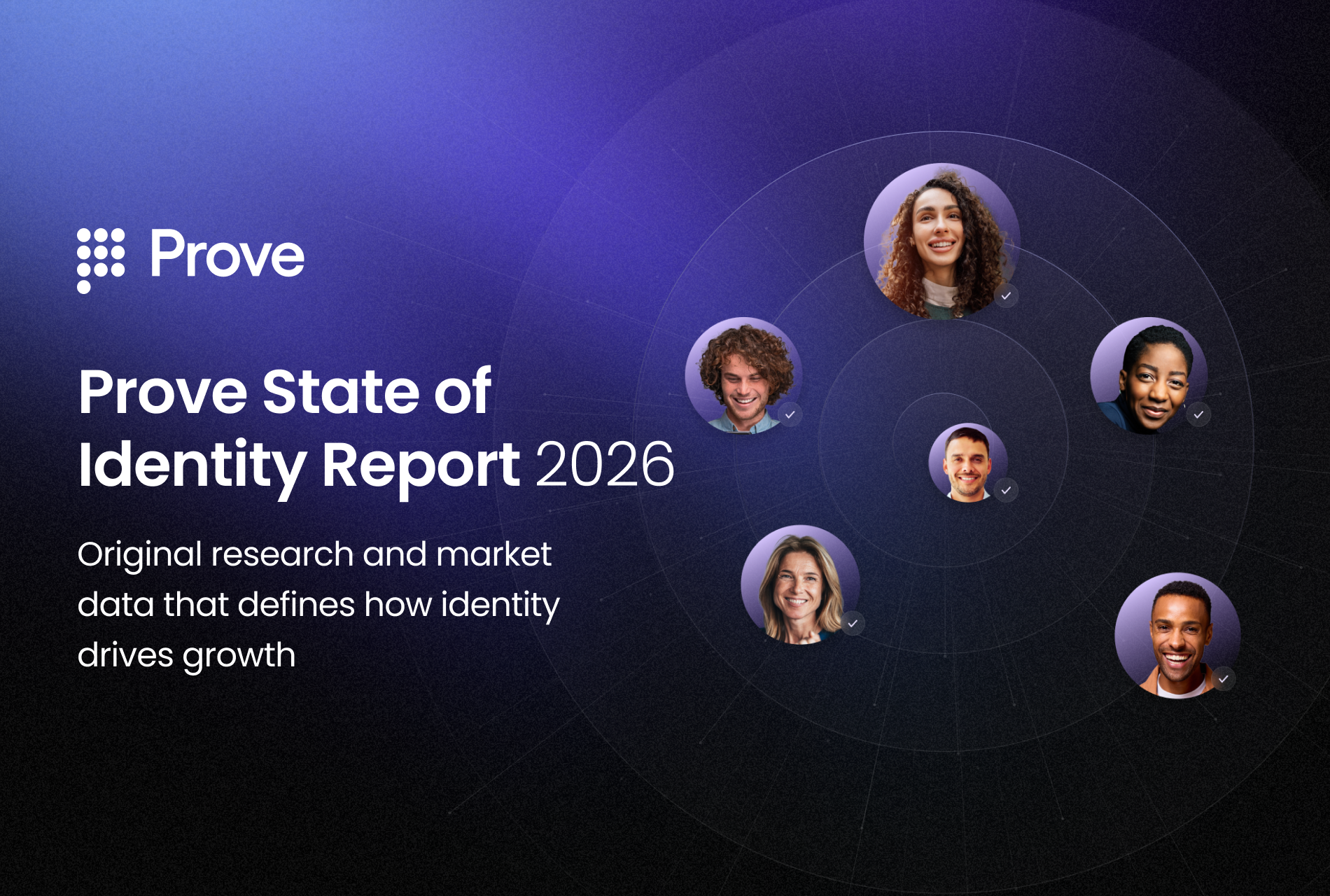Prove’s Amit Goel on CNBC: “BNPL Players Need Better Checks and Balances”


Talking about regulatory concerns surrounding the rise of ‘Buy Now, Pay Later’ on CNBC-TV18 India, Amit Goel, Prove’s Country Head - India, says, “...we have seen that most FinTech sectors grow in the beginning because of some sort of regulatory arbitrage, and this is a classic example of that. The consumer debt trap might increase because a lot of BNPL players may not have the checks and balances to see which customers have other BNPL loans or are continuously overleveraging using loans from other FinTech companies and BNPL companies. (...) The consumer debt trap can build up, and this is not good overall.”
“I think there’s also a problem of synthetic identity we’ve seen in other countries where some companies are using PIL data and creating synthetic identities. Some hackers are also doing this to take BNPL loans. I have not seen it that much in India, but as the sector grows, there might be issues like that,” Amit adds.
Watch the full video here.
To learn more about how ‘Buy Now, Pay Later’ services can harness Phone-Centric Identity, click here for our primer.
To learn about Prove’s identity solutions and how to accelerate revenue while mitigating fraud, schedule a demo today.

Keep reading
 Read the article: How Prove’s Global Fraud Policy Stops Phone-Based Fraud Others Miss
Read the article: How Prove’s Global Fraud Policy Stops Phone-Based Fraud Others MissLearn how Prove’s Global Fraud Policy (GFP) uses an adaptive, always-on engine to detect modern phone-based threats like recycled number fraud and eSIM abuse. Discover how organizations can secure account openings and recoveries without increasing user friction.
 Read the article: Prove Supports Safer Internet Day: Championing a Safer, More Trustworthy Digital World
Read the article: Prove Supports Safer Internet Day: Championing a Safer, More Trustworthy Digital WorldProve proudly supports the goals and initiatives behind Safer Internet Day, a worldwide effort that brings together individuals, organizations, educators, governments, and businesses to promote the safe and positive use of digital technology for all, especially young people and vulnerable users.
 Read the article: Prove’s State of Identity Report Highlights the New Rules of Digital Trust
Read the article: Prove’s State of Identity Report Highlights the New Rules of Digital TrustProve’s State of Identity Report explores why traditional point-in-time verification is failing and how businesses can transition to a continuous, persistent identity model to reduce fraud and improve user experience.












